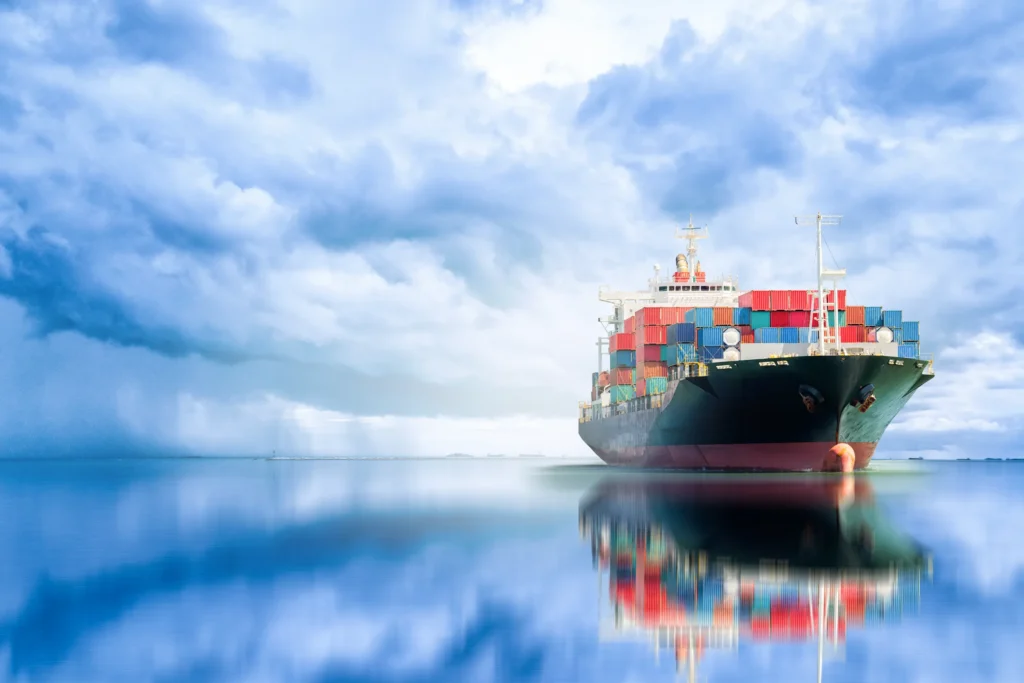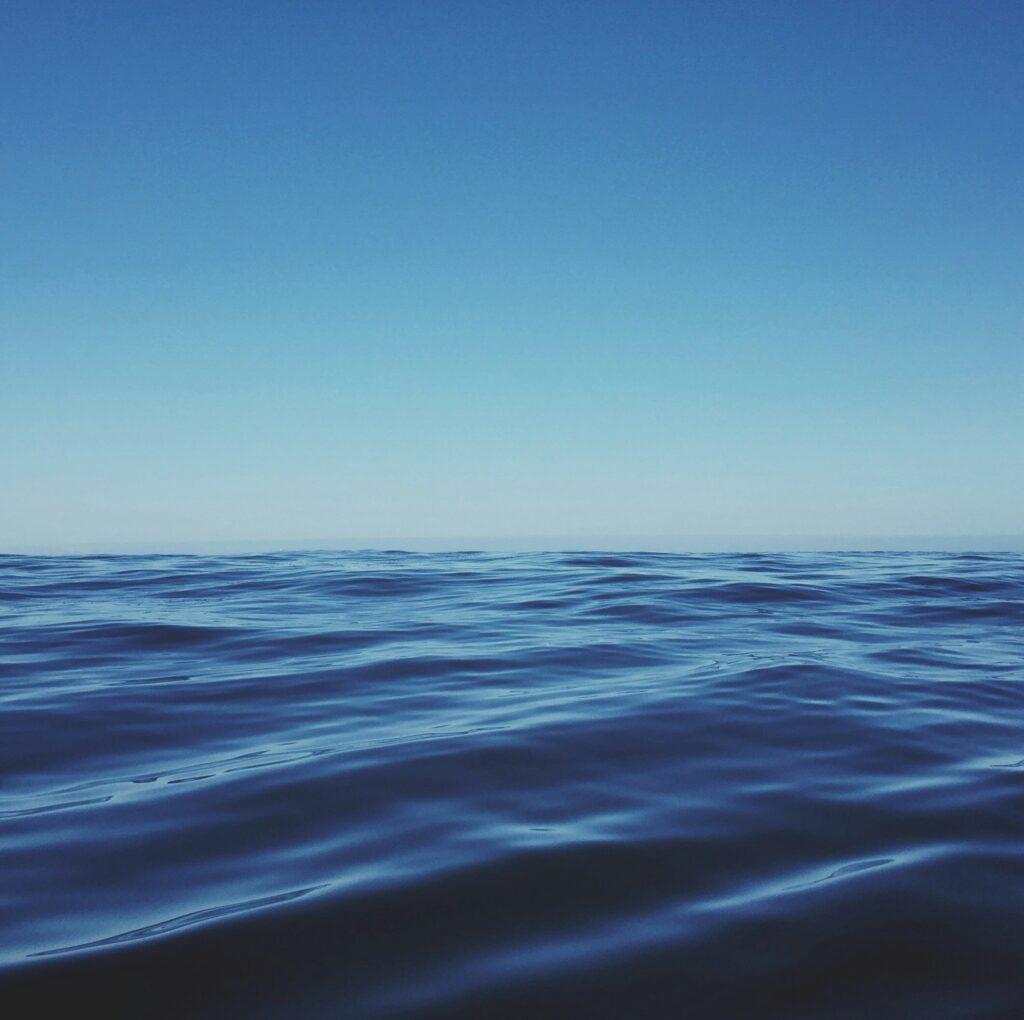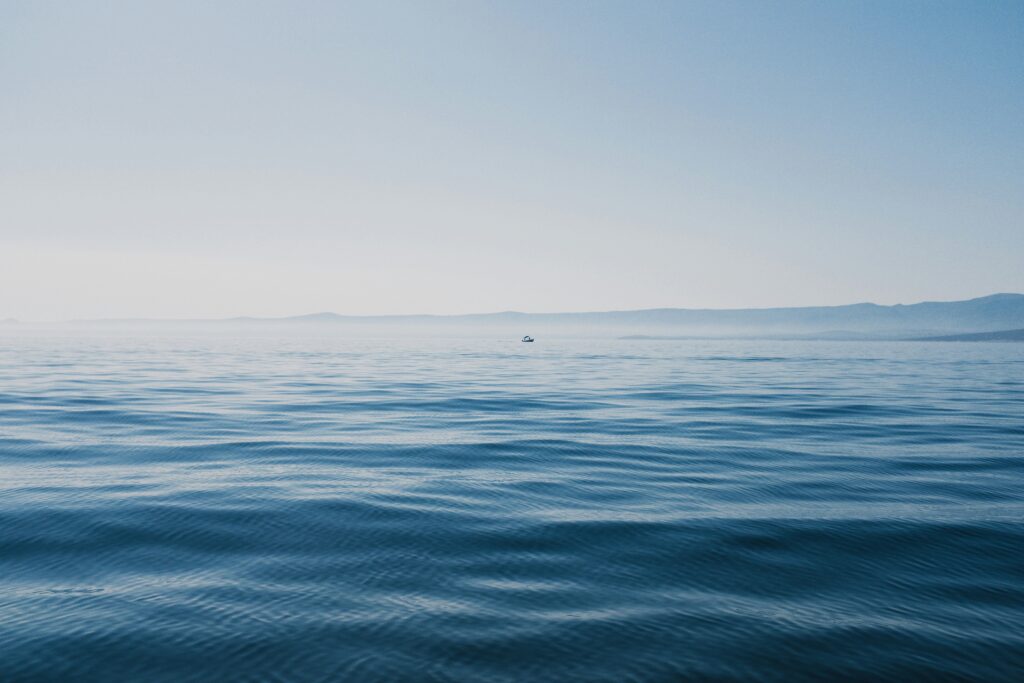Fit for 55 is the EU’s most ambitious proposal for legislation aimed at establishing a decarbonised economic system. It aims to cut greenhouse gas (GHG) emissions by at least 55% by 2030 compared to 1990 and make the EU a climate-neutral continent by 2050.
The Fit for 55 includes more than ten legislative proposals and policy initiatives, four of which are directly related to maritime. A key proposal is an update to the alternative fuels infrastructure regulation, which will require EU member states to increase the availability of LNG by 2025 and onshore electrical power supply in core EU ports by 2030.
Clean Tankers Align with Fit for 55
Donsötank is a pioneer in the use of smart logistics and cutting-edge technology to optimise operations and reduce environmental impact. The two new 22000DWT clean tankers Prospero and Pacifico, powered by LNG/LBG dual-fuel Main Engines with a hybrid-electric propulsion system and shore power supply, are the most agile and responsible ship owners’ response to the Fit for 55 proposal.
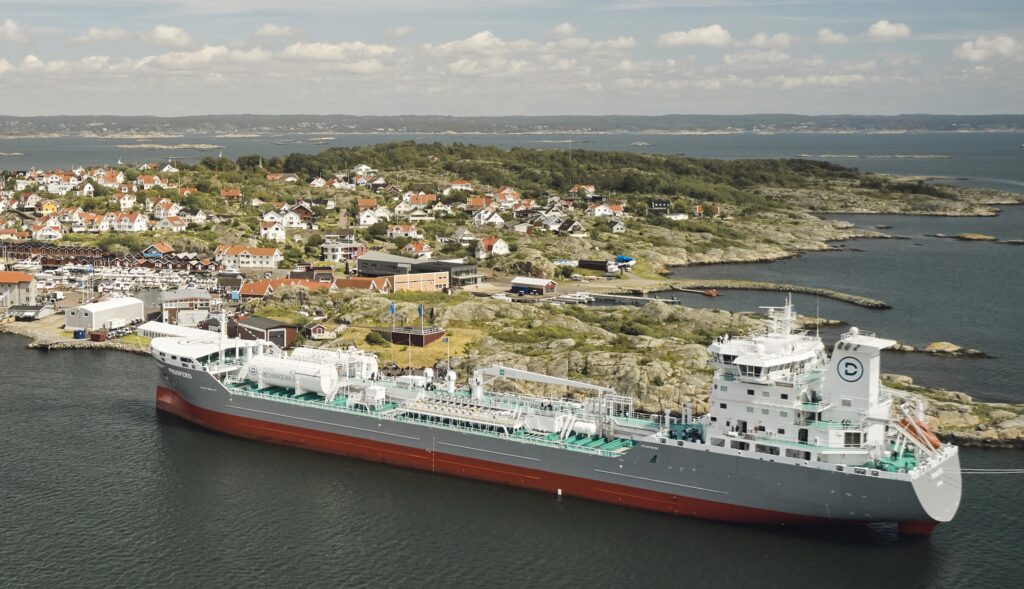
(M/V Prospero at Donsö, with WE Tech’s hybrid solution onboard. Source: DSM)
“The tankers’ Energy Efficiency Design Index (EEDI) under LNG mode is 4.44 grams-CO2/tonne-mile, which means it has far exceeded the IMO decarbonisation requirement,” says Mr Ingvar Lorensson, Managing Director of Donsötank, “using LNG as the fuel provides a significant advantage for our vessels by meeting regulatory requirements, offering enhanced competitiveness, as well as improving overall air quality, and reducing GHG emissions. ”
The Future-Proofed Solution
The hybrid solution from WE Tech Solutions, including a series of future-proofed technologies, such as Permanent Magnet Shaft Generators, ESS (battery packages) and Shore Connection, is crucial for Donsötank to reach the goal of Fit for 55.
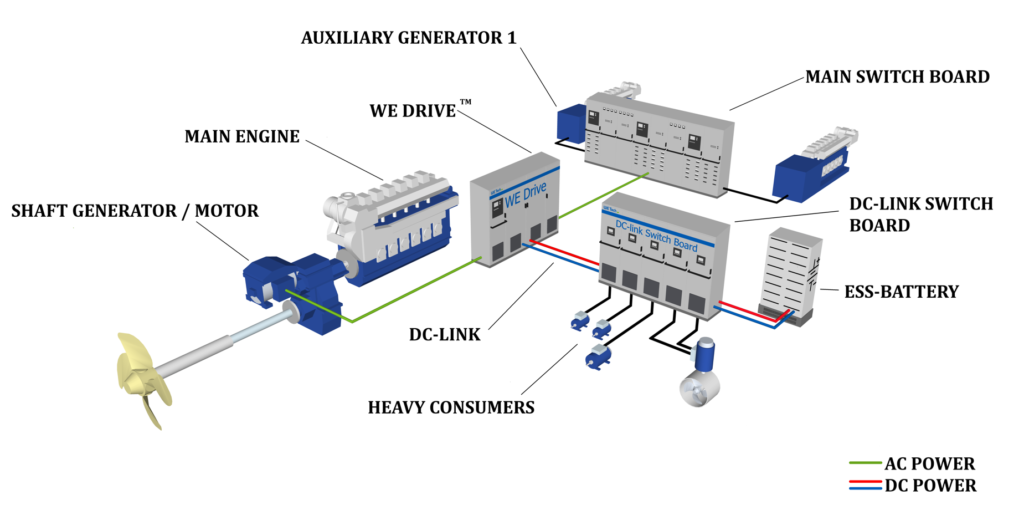
(WE Tech’s hybrid solution is crucial for Donsötank to reach the goal of Fit for 55.)
“When the tankers are in the harbour, shoreside electric power can be used to directly power the vessels’ electrical systems and recharge the ESS,” says Martin Andtfolk, Sales Manager of WE Tech Solutions, “this eliminates the need for auxiliary generators to generate electricity, reducing emissions both at sea and in the port. ”
The ESS is partially funded by Klimatklivet, a Naturvrdsverket (Swedish Environmental Protection Agency) program. “The funding provided by the government agency through Klimatklivet is solid proof that the ESS is beneficial for the environment,” says Mr Lorensson, “the electric load peak-shaving provided by the ESS has a significant impact on energy efficiency and emission reduction, as well as operational cost reduction.”
Fit for 55 in a nutshell
Fit for 55 will affect every industrial sector, and there are four proposals that will have a major impact on maritime shipping:
European Trading System (ETS) Directive
As of 2023, maritime shipping will be subject to the EU CO2 emissions trading scheme. It will include all emissions within the EU, but only 50% for voyages to and from the EU. Phase-in period: 20% coverage in 2023 and 100% by 2026.
FuelEU Maritime Regulation
In 2025, a new regulation will come into force that sets greenhouse gas (GHG) footprint standards for ships. GHG intensity from energy used on board must improve by 2% by 2025, 6% by 2030, 13% by 2035, 26% by 2040, 59% by 2045 and 75% by 2050. From 2030, the regulation will also require container and passenger ships to connect to shore power for calls lasting more than 2 hours.
Alternative Fuel Infrastructure Regulation
A revision of the existing directive will mean that EU Member States must increase the availability of LNG by 2025 and shore power by 2030 in EU core ports (TEN-T).
Energy Taxation Directive
Conventional fuels will be taxed between EU ports commencing 1 January 2023. The new rate will be around EUR 37 per tonne for heavy fuel oil. Initially, LNG will be taxed at a rate of EUR 0.6 per GJ. Alternative fuels will be tax-exempt for a period of 10 years.
Source: DNV GL
Donsötank in brief
Donsötank is a family company registered in 1953, and since then the business has grown and more vessels have been acquired. The company owns and operates six tankers and has around 120 employees at sea, and 11 at the office. Donsötank has a long tradition of shipping from the beginning of the 19th century when the bunker operations started in Gothenburg. The experience through generations has made the company an innovative and reliable partner in shipping. Read more: www.donsotank.se
WE Tech Solutions in brief
WE Tech is a leading energy efficiency solution provider with a global presence in the marine industry. The company specialises in supplying solutions based on variable frequency drives, permanent magnet technology, DC-link power distribution and energy management systems. Our solutions, suitable for new buildings and for retrofits, bring numerous benefits to the shipping industry worldwide. Read more: www.wetech.fi

